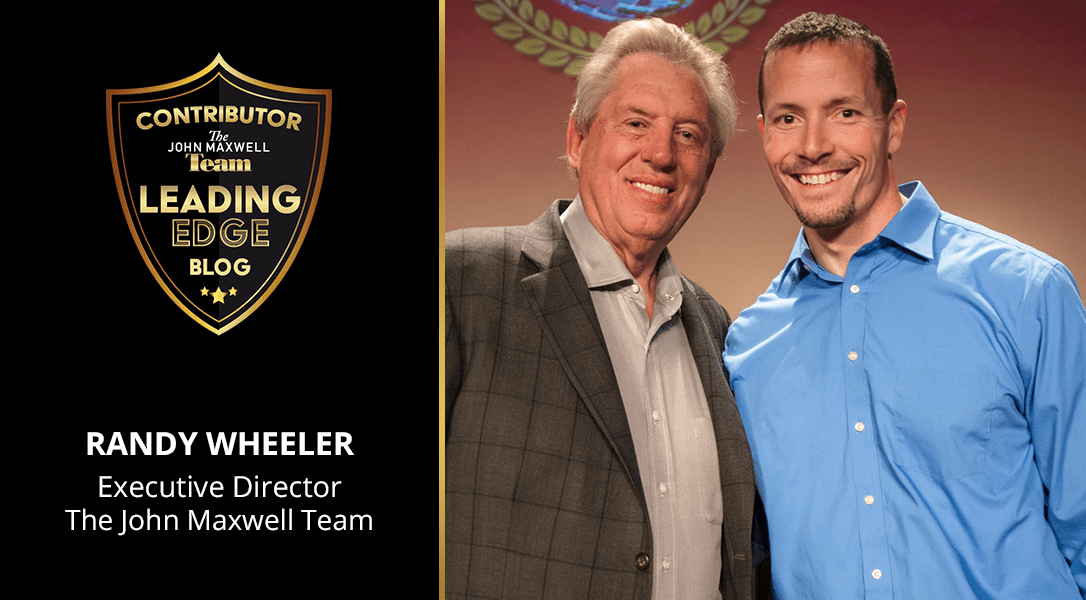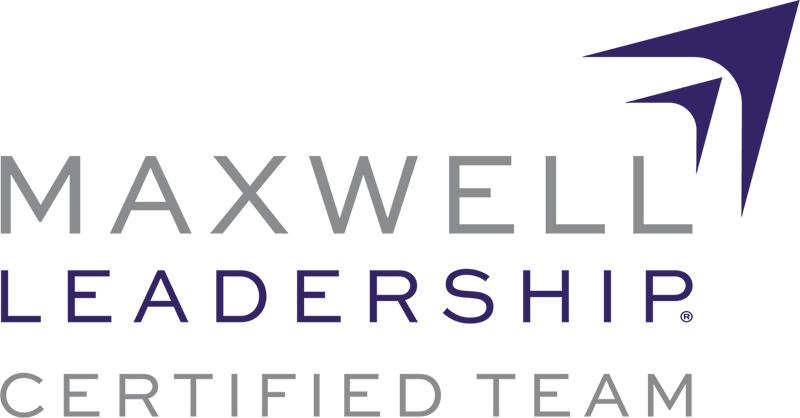The Leading Edge: What Continues to Make All the Difference

By: Randy Wheeler
As an adult, have you ever had one of those conversations with your parents where they told you something you never realized as a child? Years ago, my parents were reflecting on my experience in wrestling. I got cut from the basketball team because I was terrible and tried wrestling when I was twelve and thirteen years old. To this day, my parents said it helped me take responsibility for my actions more instead of constantly blaming my problems on others.
Problems. We all have them, and we respond or react to them in many ways. Many years ago, I encountered a small book by John Maxwell called The Difference Maker. This book is one of his many books that discuss attitude. There was one particular chapter that impacted me and still does to this day.
In his chapter on problems, John gave me a tool to evaluate the challenges I face and whether or not I can do anything to improve the situation. He said, “A problem is something you can do something about. If you can’t do something about it, then it’s not a problem. It’s a predicament.”
This idea was very powerful for me because I like control. My driven personality creates a natural environment for me to want to be in charge. When there is a problem, I want to do all I can to fix it, and, if I can’t, I get very frustrated. This frustration leads me to try to gain even more control. If I am busy trying to control everything, then I do not have the right mindset to lead others. This concept gave me a mental framework to follow when I am faced with a challenge. Allow me to provide some questions I ask that help me–and hopefully will help you–respond in a more productive manner to challenges.
A problem. This is something I can control and possibly fix. Ask:
- What can I do about this challenge?
- What can I change?
- What can I control?
- Do I need to invest in a resource?
- Do I need to seek out advice from someone who has had a similar problem? For example, my car has broken down on the road, but I cannot repair it because I am not qualified, but I can call a tow truck to get the car taken to someone who can repair it.
A predicament. This is something I cannot do anything about. Ask:
- What can I control?
- How do I need to adjust my mindset? In his book, John says “By standing back . . . you can often get a better perspective on a problem.” He continues in this chapter to outline many outstanding tips I cannot cover in this short post that have helped me in adjusting my mindset to problems that come.
Maybe you have a predicament you are facing right now. It may be a small change at home you cannot control, such as an increase in your mortgage payment because taxes rose, or a large predicament, such as being let go from work, or something in between related to your business. There may be an unknown opportunity behind this challenge, and you may need the help of a coach or mentor or other like-minded individuals to help you see this opportunity. Whatever the problem or predicament, remember, like this book reminded me, our attitude or mindset is the difference maker in the results we will ultimately experience.
Solve your problems and keep perspective on your predicaments so you can lead well in every area of your life today.
Throughout his professional career, Randy has helped individuals and teams work toward reaching their goals and developing as leaders where they are. He is an independent Executive Director of The John Maxwell Team and has a Masters in Organizational Leadership, which he uses to help individuals develop their personal and professional leadership skills in a way that will increase their impact among their colleagues, friends, and family. He lives in Fishers, Indiana, with his wife and three sons.
You can learn more about Randy and his business at www.wheelercoachingsystems.com or www.johncmaxwellgroup.com/randywheeler.
